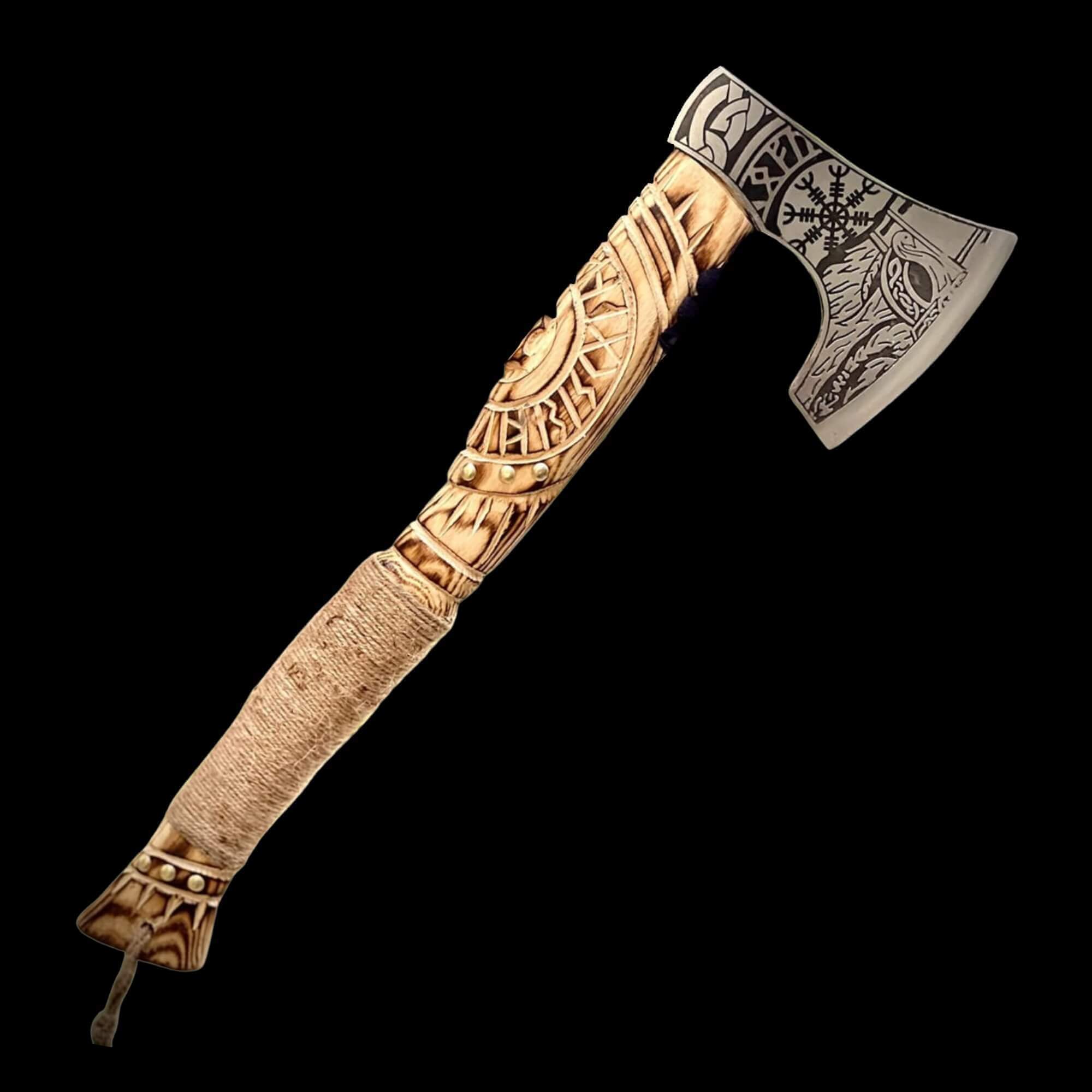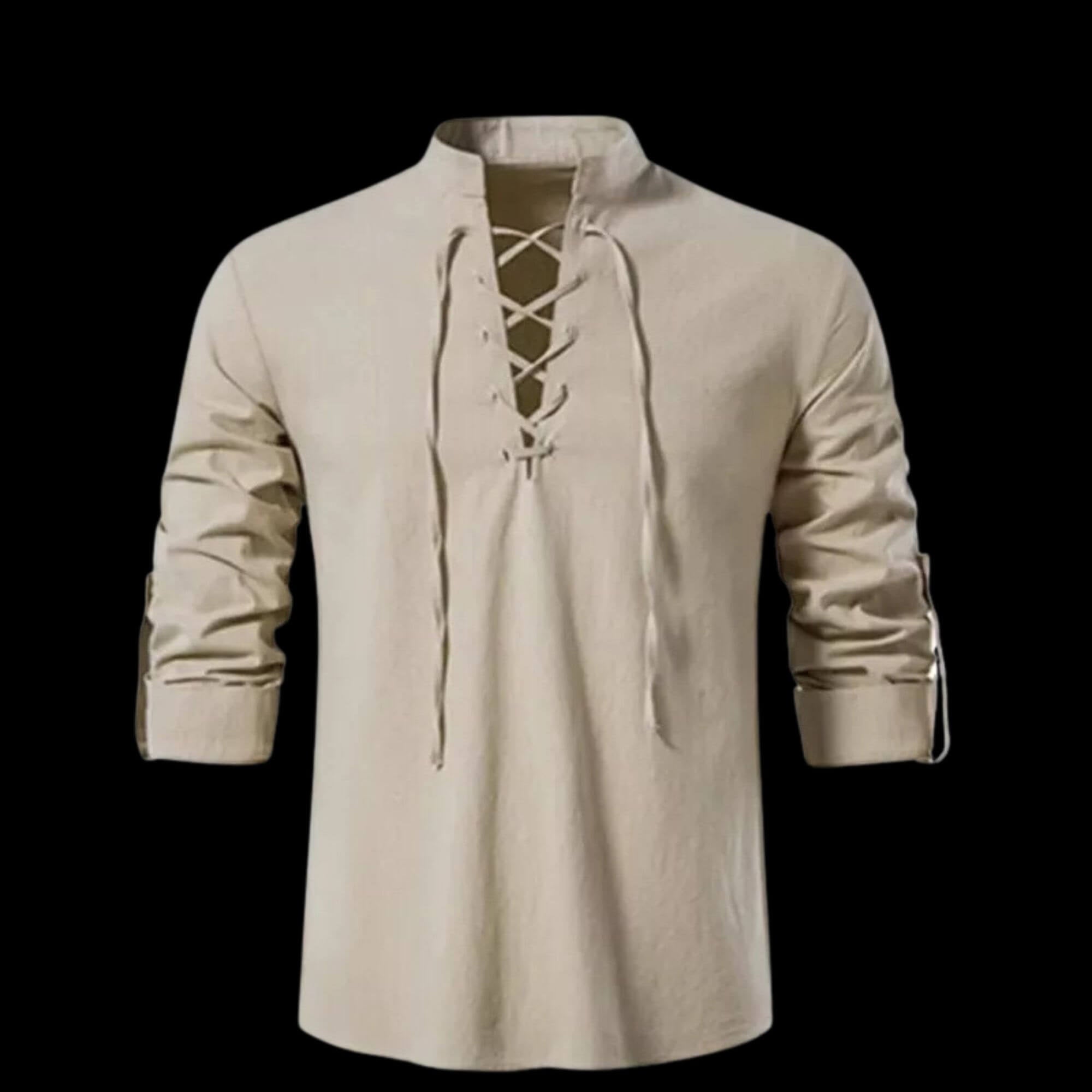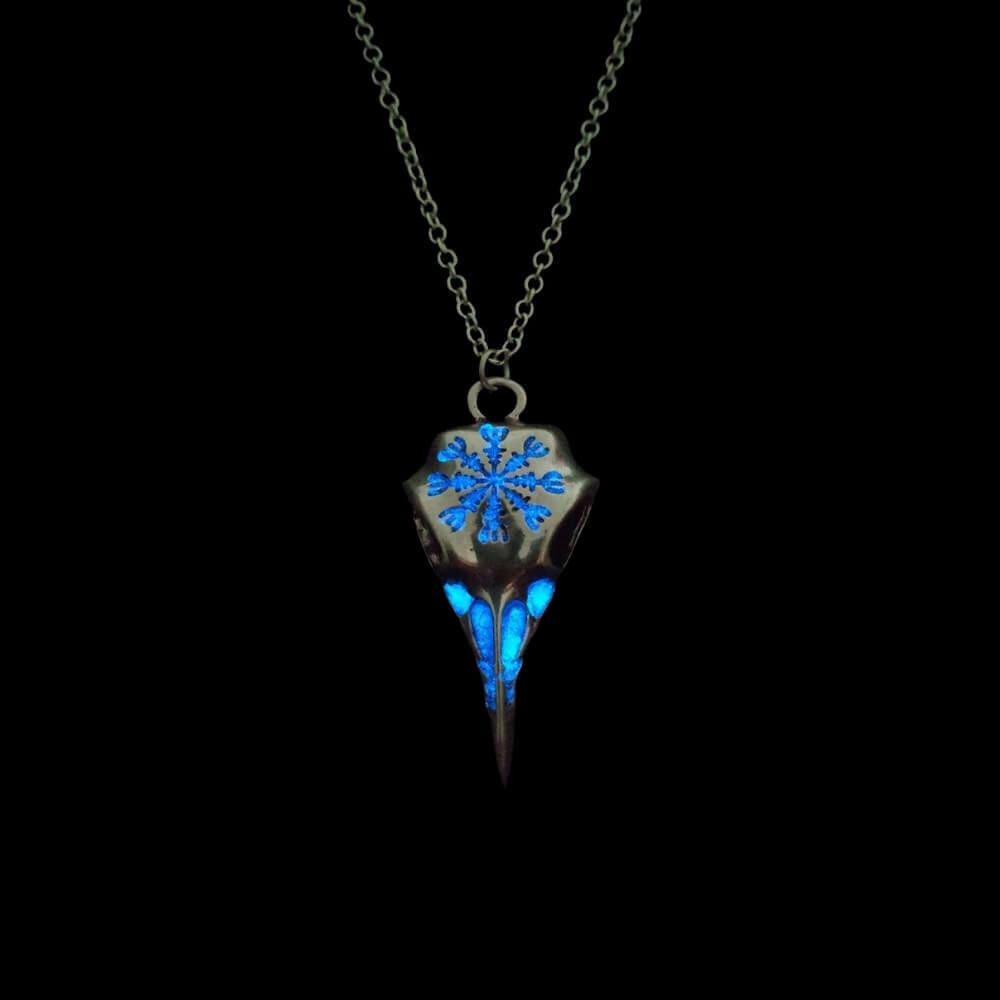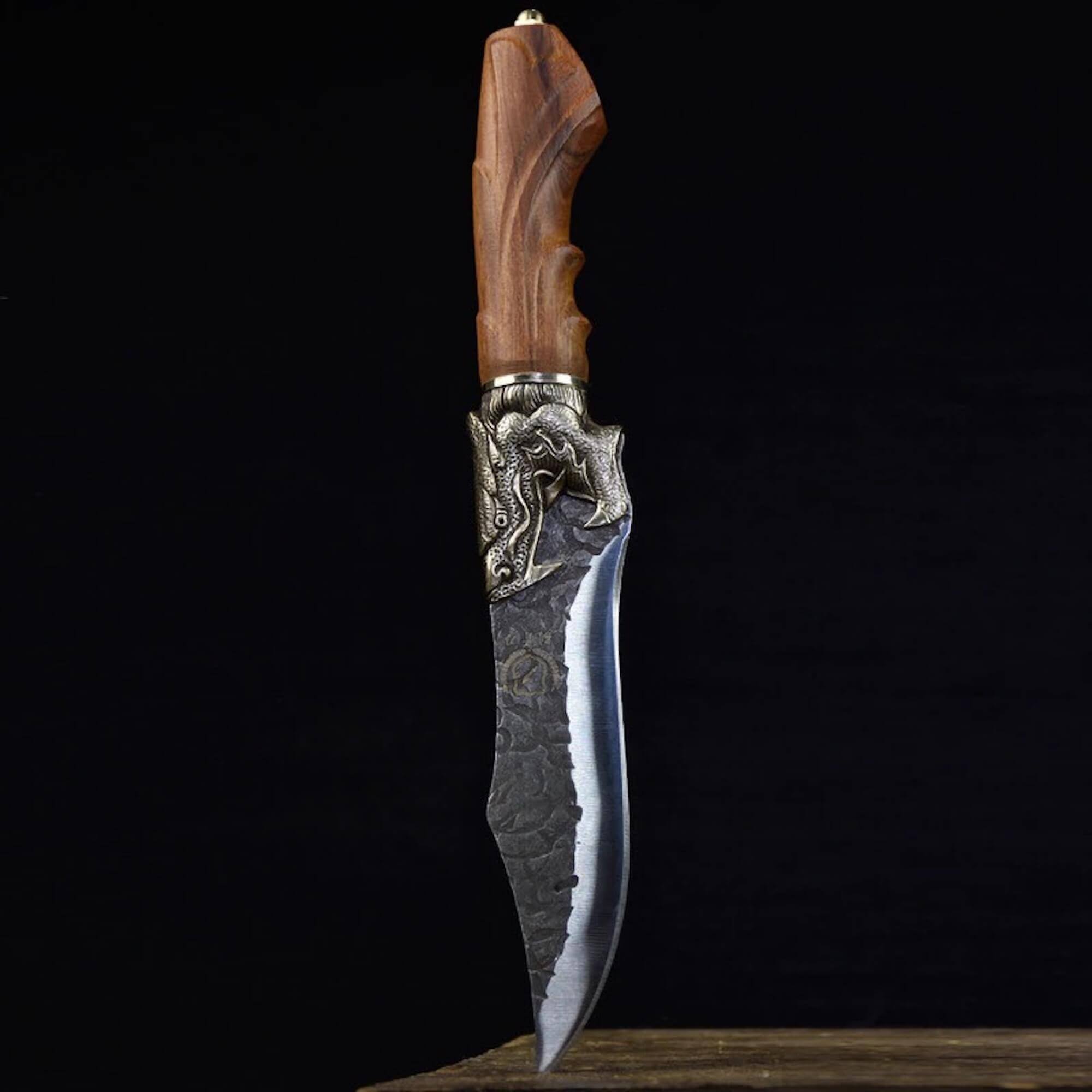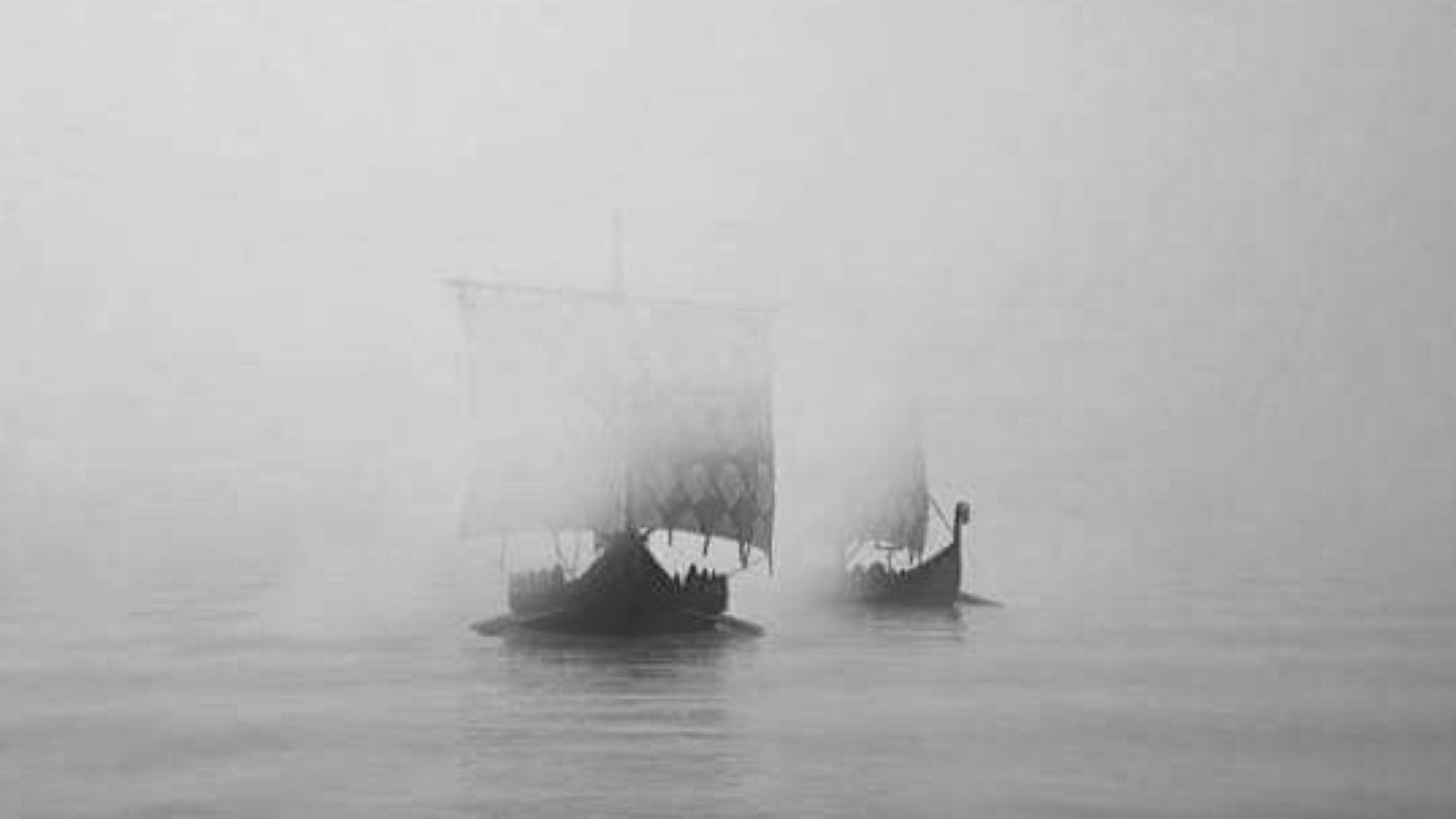
The Viking Legacy: How Norse Invaders Shaped Modern England
From the terrifying raids at Lindisfarne that we explored in our second article, through the military campaigns of the Great Heathen Army, to the establishment of the Danelaw, the Viking Age transformed England in ways that still resonate today. As we conclude our journey through this transformative period, let's explore how these Norse invaders became an integral part of England's cultural DNA.
From Invaders to Influencers
The Vikings who first appeared as raiders on England's shores eventually became something far more significant – architects of a new English society. As we saw in our examination of the Danelaw, what began with violence evolved into a sophisticated process of cultural exchange and integration. This transformation would prove to be their most lasting achievement.
The English Language Reborn
Perhaps the most enduring Viking legacy lives in the words we speak today. Old Norse didn't just add a few words to English – it fundamentally reshaped the language. Beyond the obvious Norse-derived words we discussed in our Danelaw article, the Vikings influenced English grammar itself. Common pronouns like 'they,' 'them,' and 'their' are all Norse in origin. The simplification of Old English grammar during this period may also be attributed to Norse influence.
Reshaping the Land
The Vikings' impact on England's geography remains visible in modern maps:
- Over 1,500 English towns and villages have names of Norse origin
- The suffix '-by' (as in Derby and Whitby) marks former Viking settlements
- The distribution of these place names helps us trace patterns of Viking influence
- Many of England's current county boundaries reflect Viking territorial divisions
Political and Legal Innovation
The Viking age introduced new concepts of law and governance that would influence English political development for centuries to come. The notion of representative government, seen in the Thing (Norse assembly), contributed to the evolution of English parliamentary tradition. Even today, legal terms like 'law' and 'witness' are Norse in origin.
The Rise of Urban England
Viking commercial expertise helped transform England's economy. The network of towns they established or expanded in the north and east became crucial centers of trade and craft production. York, in particular, emerged from this period as one of medieval Europe's great cities, a legacy of its time as the Viking capital of Jorvik.
Technological and Agricultural Advances
The Vikings brought with them advanced technologies and agricultural practices:
- Improved shipbuilding techniques revolutionized English maritime capabilities
- New plowing methods enhanced agricultural productivity
- Advanced metalworking skills influenced English craftsmanship
- Maritime navigation techniques expanded English trading horizons
Cultural Integration and Identity
By the time of the Norman Conquest in 1066 (which, ironically, was led by descendants of Norse Vikings who had settled in Normandy), the distinction between Viking and Anglo-Saxon had largely disappeared in much of England. This integration created a more resilient and dynamic society, better prepared for the challenges ahead.
Archaeological Legacy
Modern archaeology continues to uncover new evidence of Viking influence. Recent discoveries, including:
- The mass graves of the Great Heathen Army in Repton
- Urban excavations in York revealing sophisticated town planning
- Evidence of international trade networks in Viking settlements
- Hoards of Viking silver and Anglo-Saxon coins All these findings continue to reshape our understanding of this pivotal period.
Genetic Heritage
Recent genetic studies have revealed the extent of Viking integration into the English population. In some parts of northern and eastern England, up to 20% of the genetic heritage can be traced back to Norse settlers, demonstrating how thoroughly the Vikings became part of the English population.
Religious Transformation
While the Vikings started as pagans who targeted Christian monasteries (as we saw in our first articles), they ended up contributing to the development of English Christianity. The fusion of Norse and Christian artistic styles created unique forms of religious expression, while Norse converts brought new energy to the English church.
The Foundation of Modern Britain
The Viking Age laid crucial groundwork for the development of modern Britain:
- It helped create a more unified English identity in response to external threats
- The economic and urban development of northern England created a more balanced nation
- Norse influence helped position England as part of a broader North Sea cultural and economic sphere
- The integration of Vikings and Anglo-Saxons provided a model for later cultural assimilation
Modern Connections
Today, the Viking influence remains a vital part of English heritage:
- Viking festivals and reenactments draw thousands of visitors annually
- Norse mythology and history inspire contemporary literature and media
- Archaeological sites and museums dedicated to Viking heritage attract international tourism
- The Viking period remains a crucial part of England's national story
Looking Back, Looking Forward
As we conclude our series on the Viking Age in England, we can see how a period that began with violence and conquest evolved into one of history's most remarkable examples of cultural fusion. From the terror of the first raids at Lindisfarne, through the military achievements of the Great Heathen Army, to the sophisticated administration of the Danelaw, and finally to lasting integration, the Viking Age helped create the foundations of modern England.

